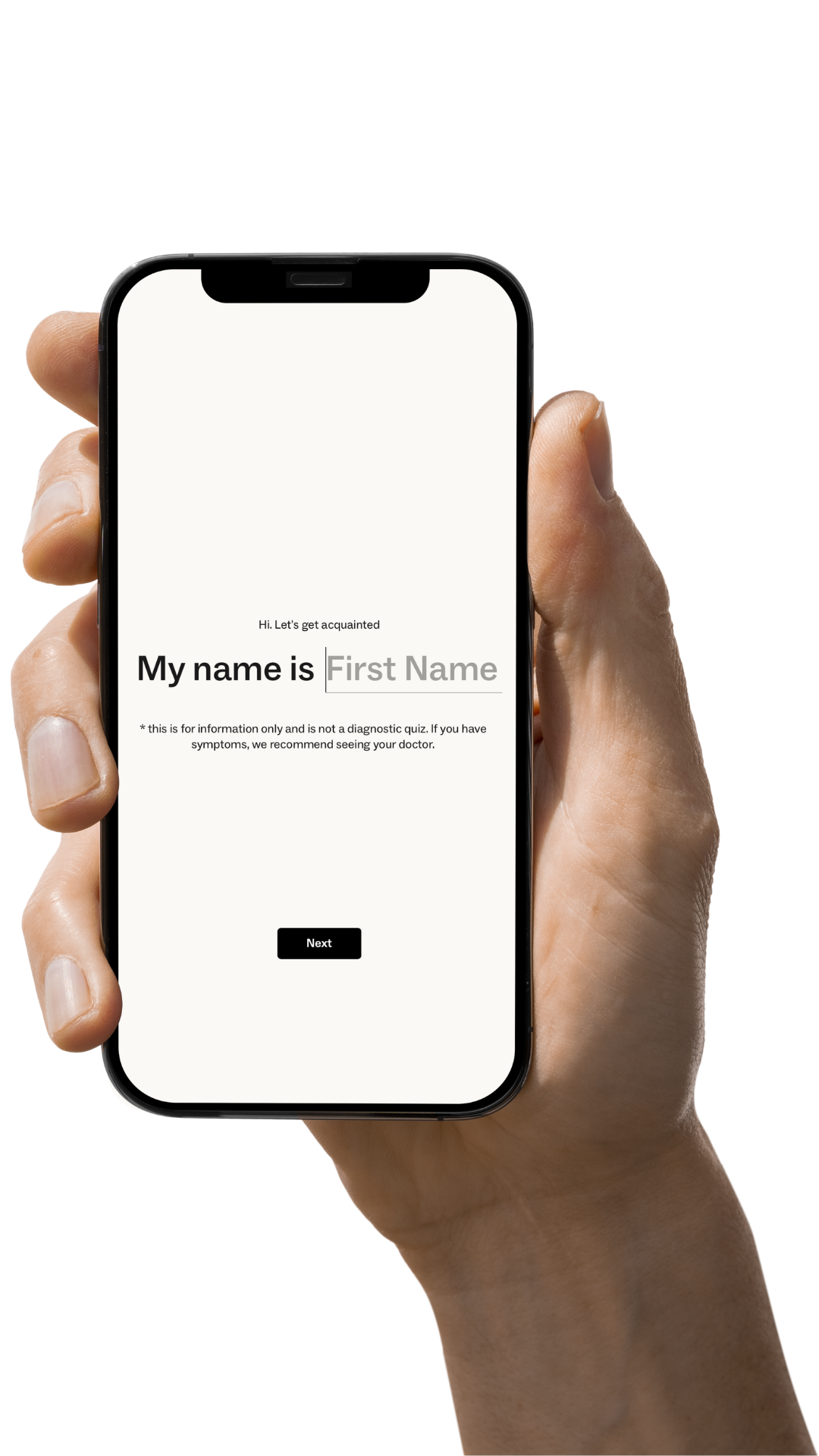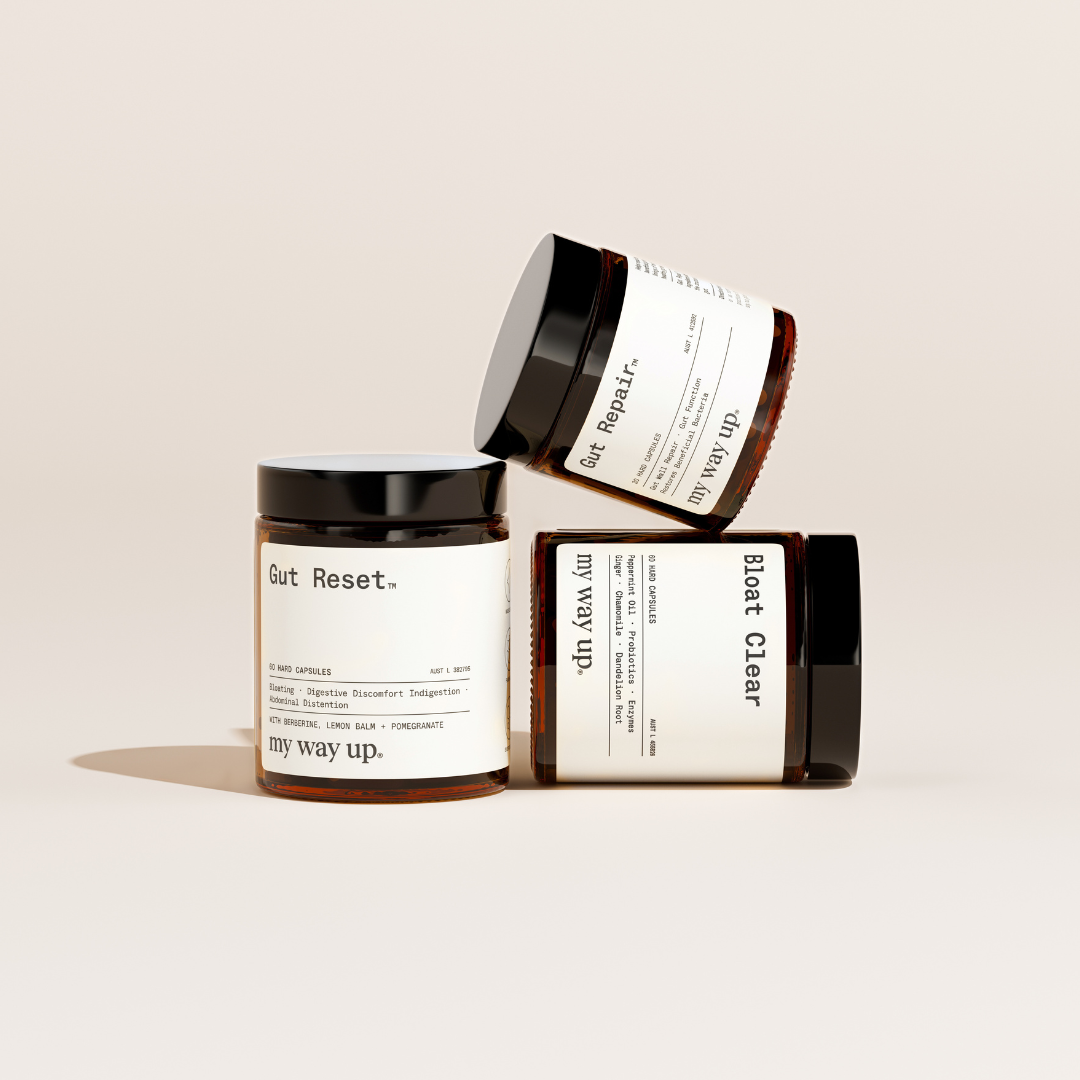
1. Randomly eating more fibre.
Everybody with gut problems has been told to "eat a high fibre diet" at one time. Everybody with these conditions has also tried just that and experienced horrible symptom flare ups.
High fibre intakes cause bloating, gas and intestinal irritation.
So instead of trying to eat as much fibre as possible, stick to the fibre guidelines of 15g of fibre for every 1000 calories in your diet.
It works out to be about 20 - 25g of fibre per day for most people.
| DON'T JUST EAT MORE FIBRE. STICK TO THE GUIDELINES |
2. You need to cut out dairy.
There's a reason cows are revered and recognised as sacred in parts of the word, including Asia - the part of the world with apparently the highest rate of lactose intolerance.
Nutrition from cows kept people fed. Nowadays, cows are often not treated with the same respect, nor is their milk. It's super heated (pasteurised) and the fat and is broken up (homogenised), destroying the vital enzymes and nutrients that make milk so great in the first place.
Instead of cutting out dairy completely, focus on finding some high quality sources of dairy, if that suits your dietary goals.
Quality parmesan cheese and unhomogenised organic milk is a great place to start. Take things slowly if you're reintroducing dairy.
A tablespoon or 2 of milk at a time, and a small piece of hard cheese is enough to begin with.
| INSTEAD OF CUTTING OUT DAIRY, LOOK FOR QUALITY DAIRY |
3. You have to commit to fasting.
Fasting your way out of digestive issues makes a lot of sense, and it can work. The trouble is, fasting is a very difficult proposition for most people who just want to get on with their lives.
Fasting also often causes binge eating - the opposite of good gut health.
You don't have to fast in order to heal your gut.
Instead, focus on eating easily digestible foods and committing to simple good gut nutrition, including pro-gut proteins like collagen and gelatin, high nutrient foods like liver (or liver capsules!) and tropical fruits, and well cooked root vegetables.
| FAST IF IT SUITS YOUR LIFESTYLE. FOCUSSING ON GOOD GUT NUTRITION AND REDUCING YOUR STRESS IS MORE IMPORTANT |
4. You have to eat gluten-free.
Whilst cutting out gluten is generally a good advice when improving your digestive health, gluten-free products are typically terrible. Sure, they don't have gluten, but most gluten free products contain other gut wrecking ingredients like emulsifiers, artificial sugars and gums.
Gluten free flour like cassava flour, isn't really a gluten free product. It's just a food that doesn't have gluten. By "gluten-free," I mean products that specifically have had the gluten taken out of them.
| CUT OUT GLUTEN. READ THE INGREDIENTS LIST WHEN USING GLUTEN-FREE PRODUCTS |
5. You have to take probiotics.
Misuse of probiotics could make your gut symptoms worse.
Fortunately, your stomach is very good at killing bacteria - and prostbiotics fall right into this category.
You can use prebiotic, soluble fibre from foods like well cooked root vegetables and tropical fruits, in combination with probiotic foods like:
- Yogurt
- Sauerkraut
- Miso soup
- Soft Cheeses
- Kefir
- Sourdough bread
- Buttermilk
- Pickles
- Tempeh
| PROBIOTICS ARE MOSTLY DEAD ON ARRIVAL |
References: (1), (2), (3), (4).


